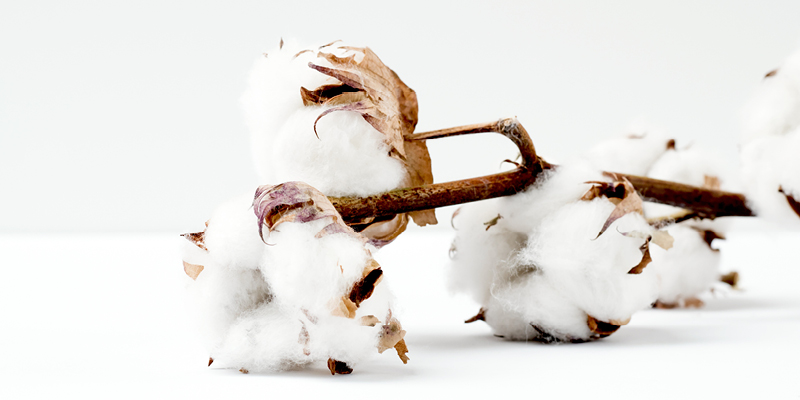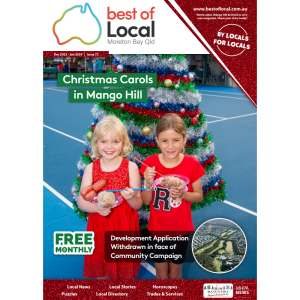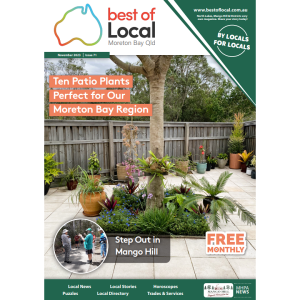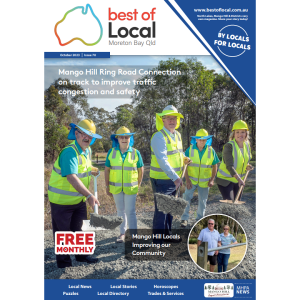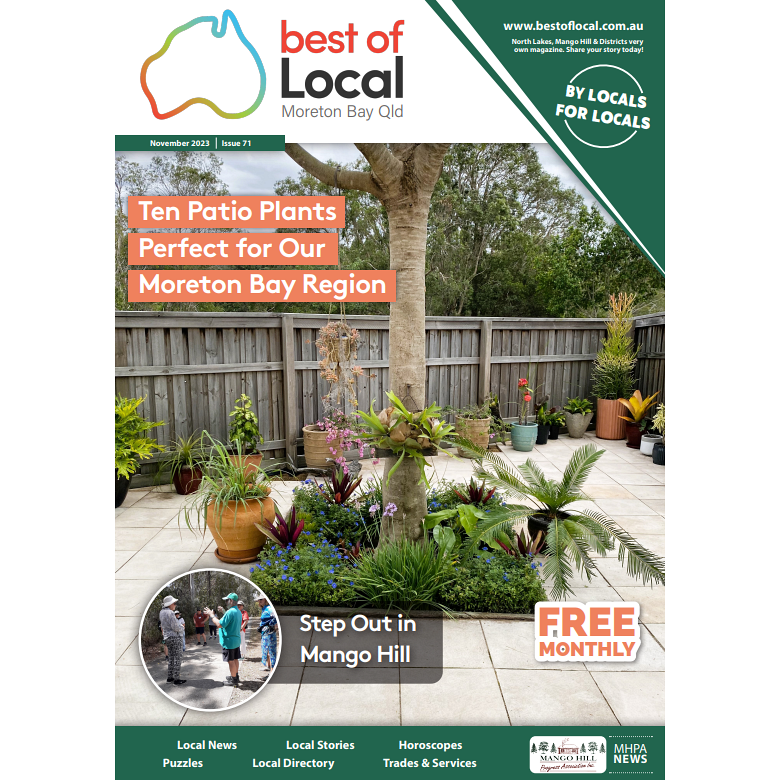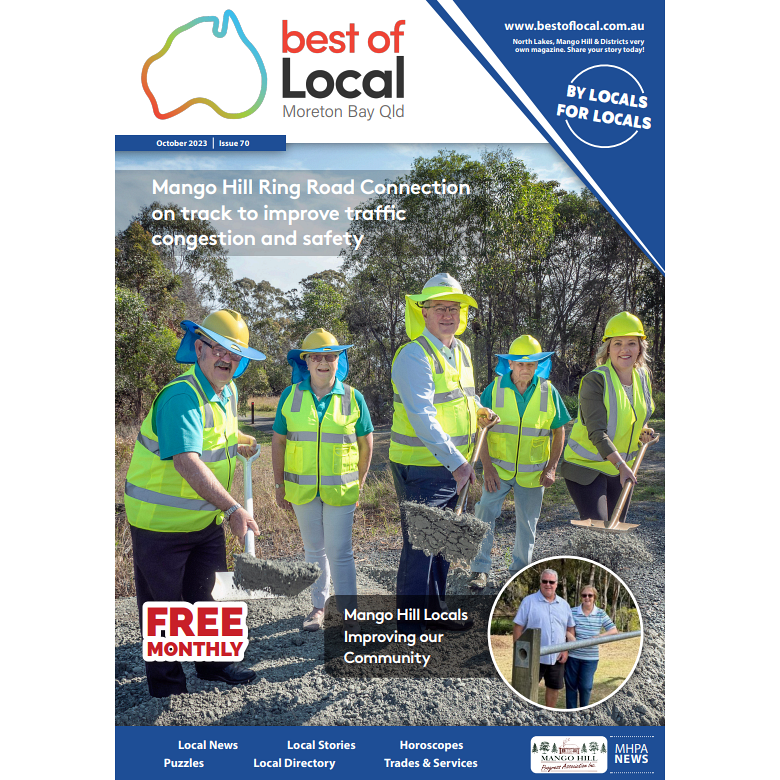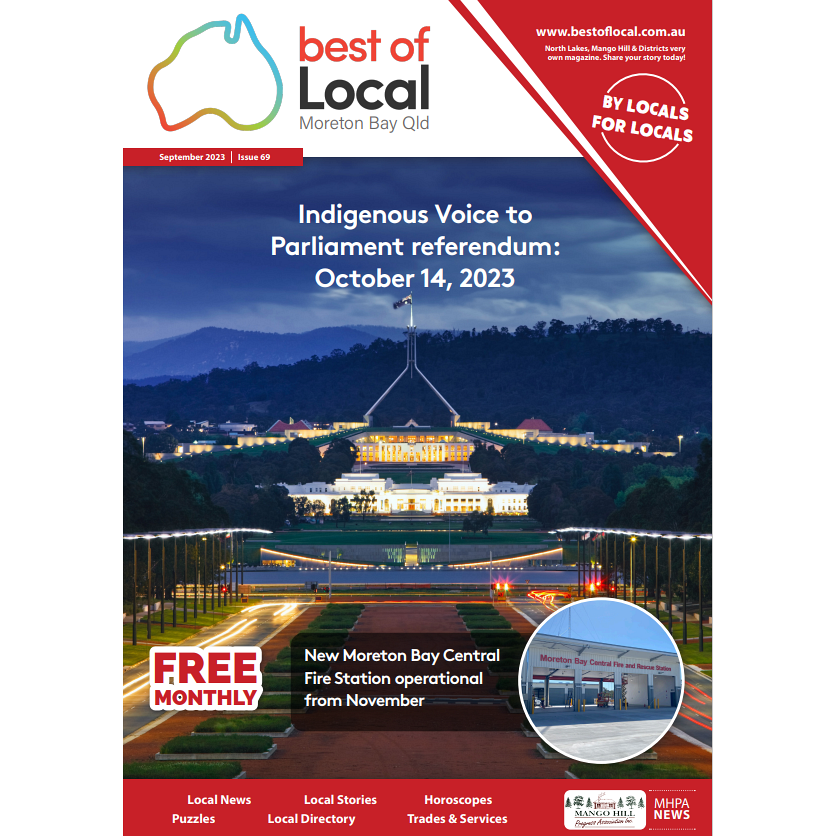Australians Say they are Sustainable Shoppers, but Only if the Price is Right
0A new study reveals price drives decision making, ahead of design (19%), sustainability (13%) and convenience (11%), with 57% of Australians saying that price is the number one factor when shopping for textiles for the home.
When grown conventionally, cotton is a resource heavy crop and new research suggests that Australians are aware of the impact of cotton on the environment, with more than half the population saying that they believe conventionally grown cotton has the largest impact on the environment, compared to other fabrics. However, cotton is still the number one choice of fabric in Australian homes, with 74% of Australians choosing cotton over wool, synthetic blends, bamboo, linen or silk.
Australians are the second largest consumer of textiles in the world, buying on average 27kg of new clothing and textiles each year[1], but despite a desire to make purchases with sustainability in mind, more than half (55%) of Australians don’t consider where the cotton in their home textiles, like towels, bed linen, sofa covers and soft furnishings are sourced.
Conventional cotton uses large quantities of chemicals and water and often leads to significant health risks to farmers, soil erosion and water scarcity. In fact, it takes 20,000 litres of water to produce 1kg of cotton[2] – that is the equivalent to a small backyard swimming pool.
With almost half of Australians purchasing home textiles and soft furnishings more than twice a year, IKEA wants to start a conversation about cotton and why it is important to know where it comes from.
There are more than 3,500 cotton products in the IKEA range and every one of them uses only 100% more sustainable cotton, that is cotton that is either recycled (18%), derived from the Better Cotton Initiative (82%) or other more sustainable sources such as the E3 program in the US, meaning it is grown using less water, chemical fertilisers and pesticides, while increasing profit margins for farmers and promoting biodiversity.
New research revealed:
– 61% of Aussies consider themselves environmentally conscious shoppers, yet only 24% always consider sustainability when purchasing products.
– 64% of Australians understand that more sustainable cotton is better for people and the planet, despite this 70% of Australians have not purchased or are not aware that they have purchased organic or more sustainable cotton for their home. However 75% of these people would change their mind if the price was right.
– 79% of Australians think brands should be more transparent about where materials used in products come from and how they are sourced.
– Almost half (49%) of Australians purchase soft furnishings more than twice a year. Of this number, 18% purchase soft furnishings four or more times a year.
IKEA believes that Australian shoppers shouldn’t have to compromise on price, quality, design, function or sustainability when making home purchasing decisions. That is why IKEA only sells products made from more sustainable cotton, meaning any cotton choice from IKEA is a better one.
Derya Völlings, IKEA Sustainability Manager Asia Pacific said, “People are becoming more aware of where the things we eat, wear and use come from and the impact this can have on our environment and now we are taking steps to encourage Australians to consider the source of their home textiles, raising awareness of the positive impact a move to more sustainable cotton can have.
”Cotton is one of our most important and loved raw materials. It lives in nearly every home, but we were uncomfortable with the fact that growing cotton in the conventional way is often harmful to the environment and the people involved. From farm to fabric, we want to keep reducing the environmental impact of growing cotton, while improving the lives of our suppliers, while also enabling a more sustainable life at home for Australians.
”We want all the textiles in our range to be sustainable and are always making improvements. IKEA was the first major retailer to only use cotton from more sustainable sources, reaching this milestone in September 2015. In FY17 IKEA used 145,000 metric tonnes of cotton, around 1% of the world’s total supply. The work IKEA does makes a big impact to people and planet. While we have reached our 100% more sustainable cotton milestone in 2015, we are now looking for ways to improve the industry beyond our own business and supply chain.
”We want to raise awareness about more sustainable cotton and take steps to make the global cotton industry better for people and planet. We also want to make more sustainable choices accessible to all people and by choosing more sustainable cotton Australians can feel good that they are making a better choice that improves the lives of cotton farmers, their families and the planet.”
[1] Sustainability consultant, Jane Miliburn, Slow Fashion
[2] http://wwf.panda.org/our_work/water/freshwater_problems/thirsty_crops/cotton/






